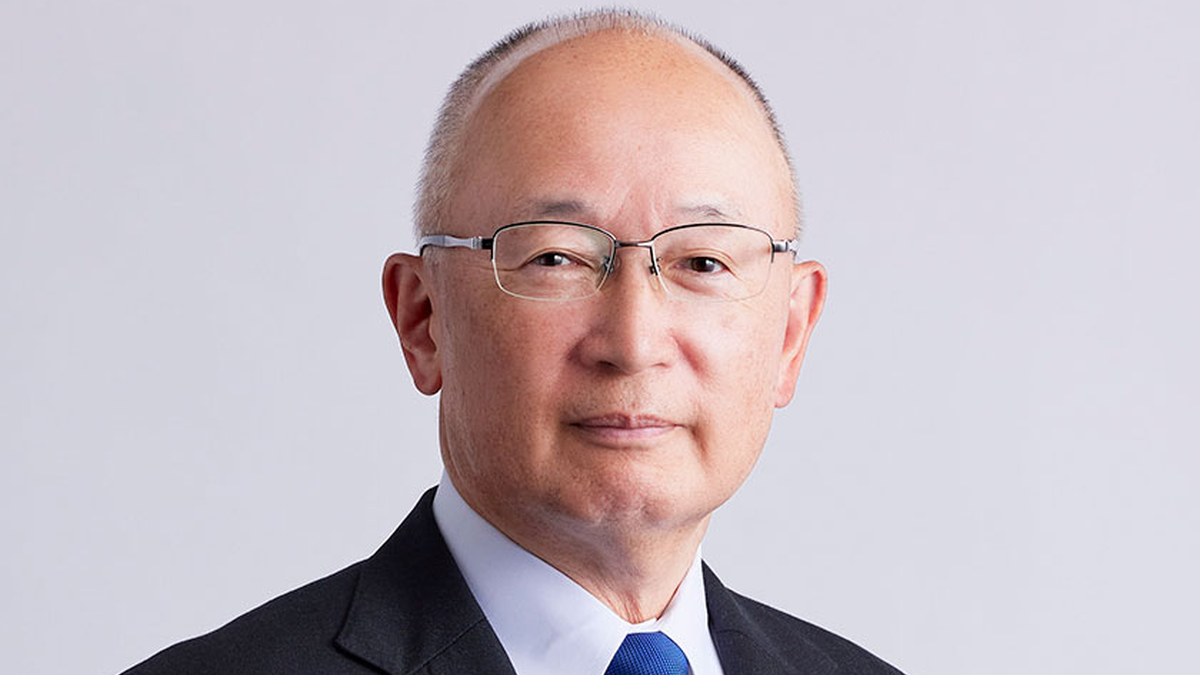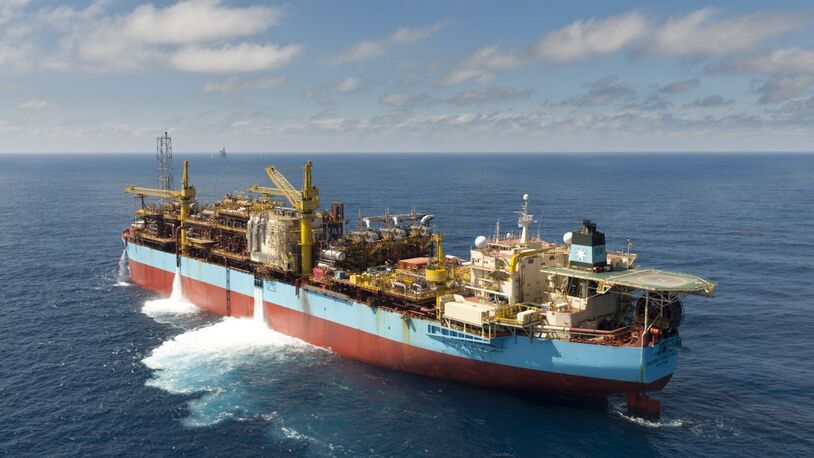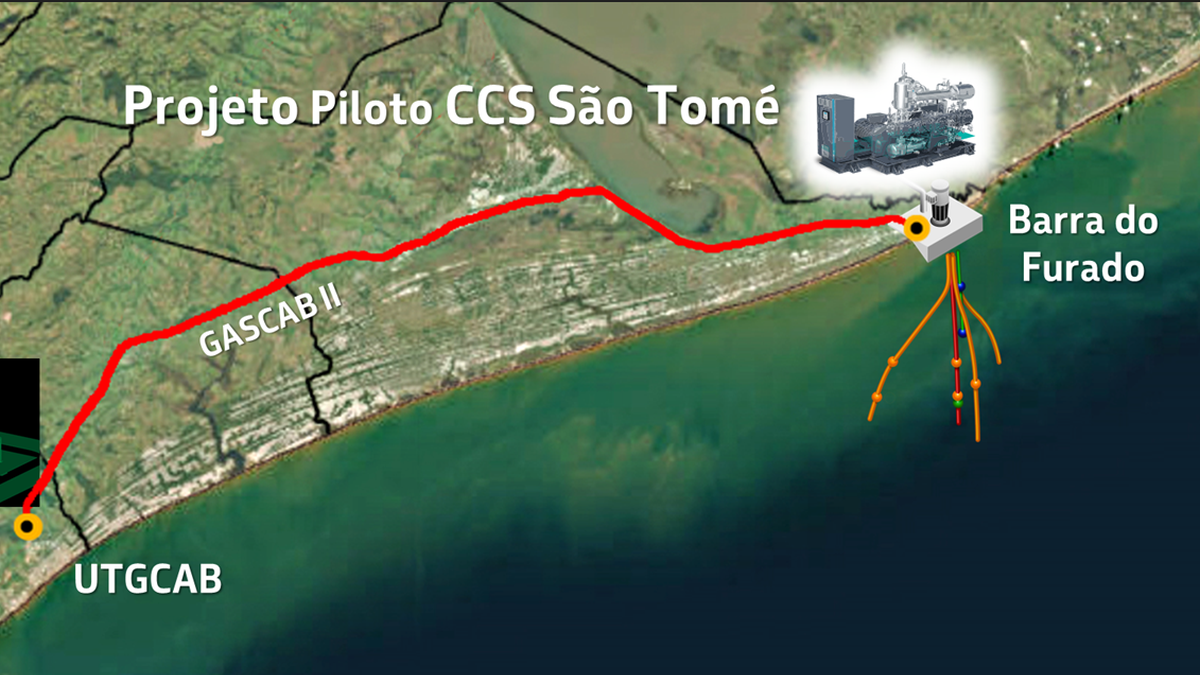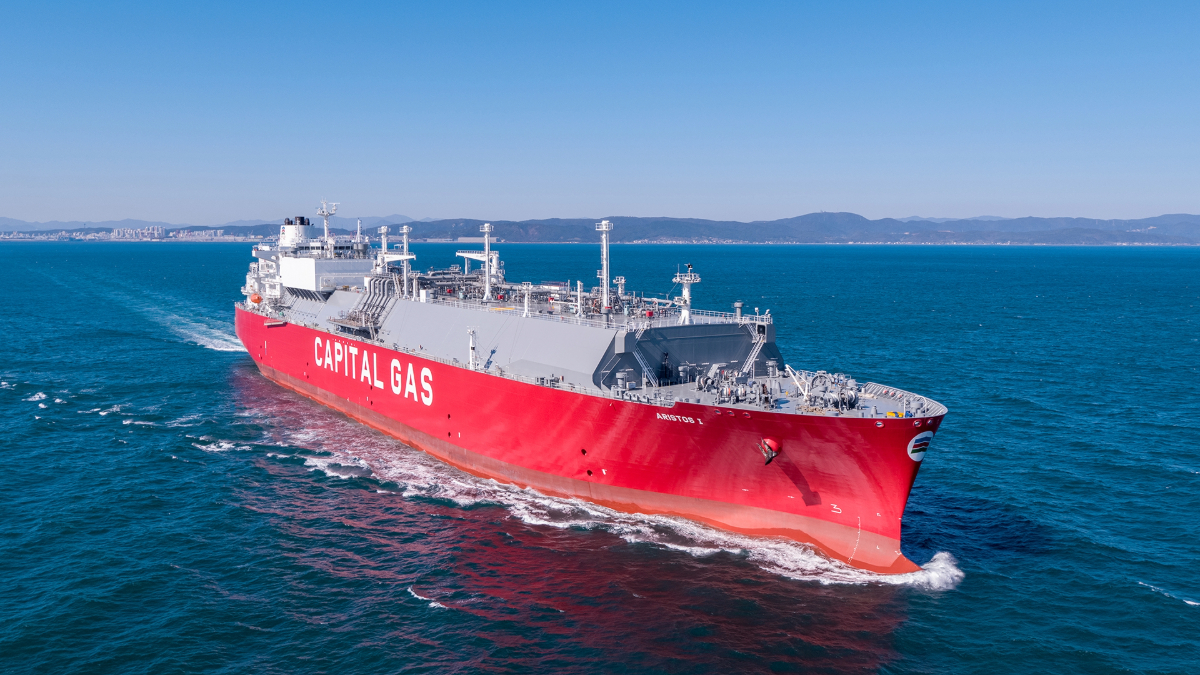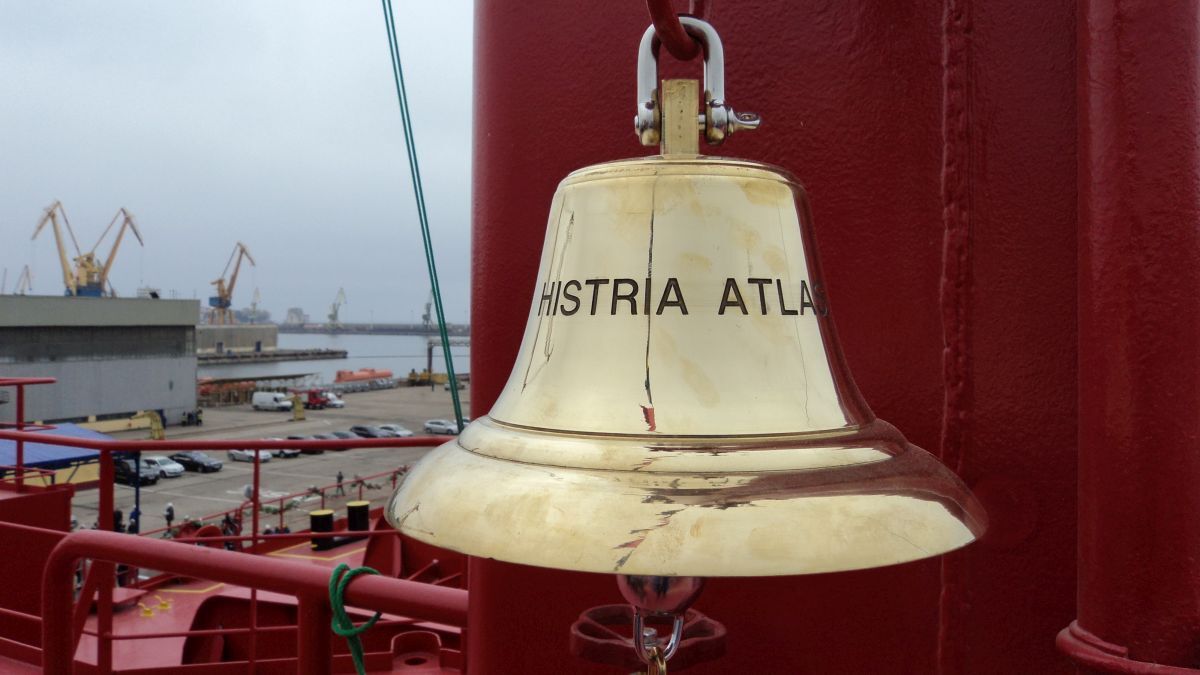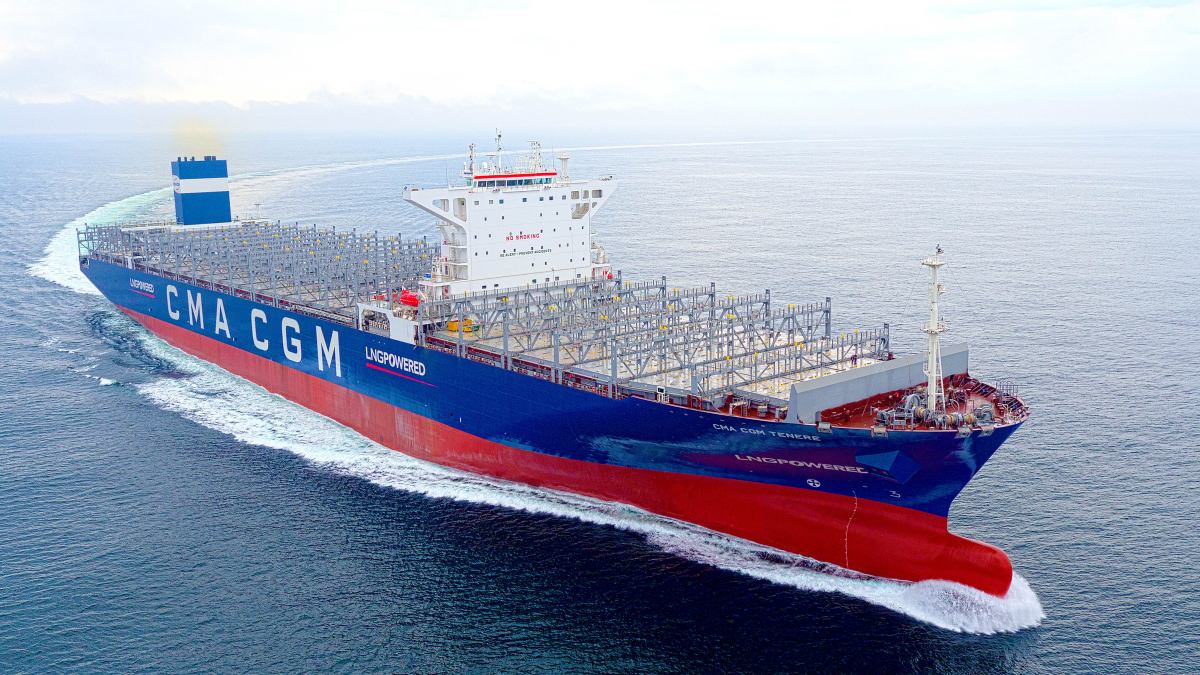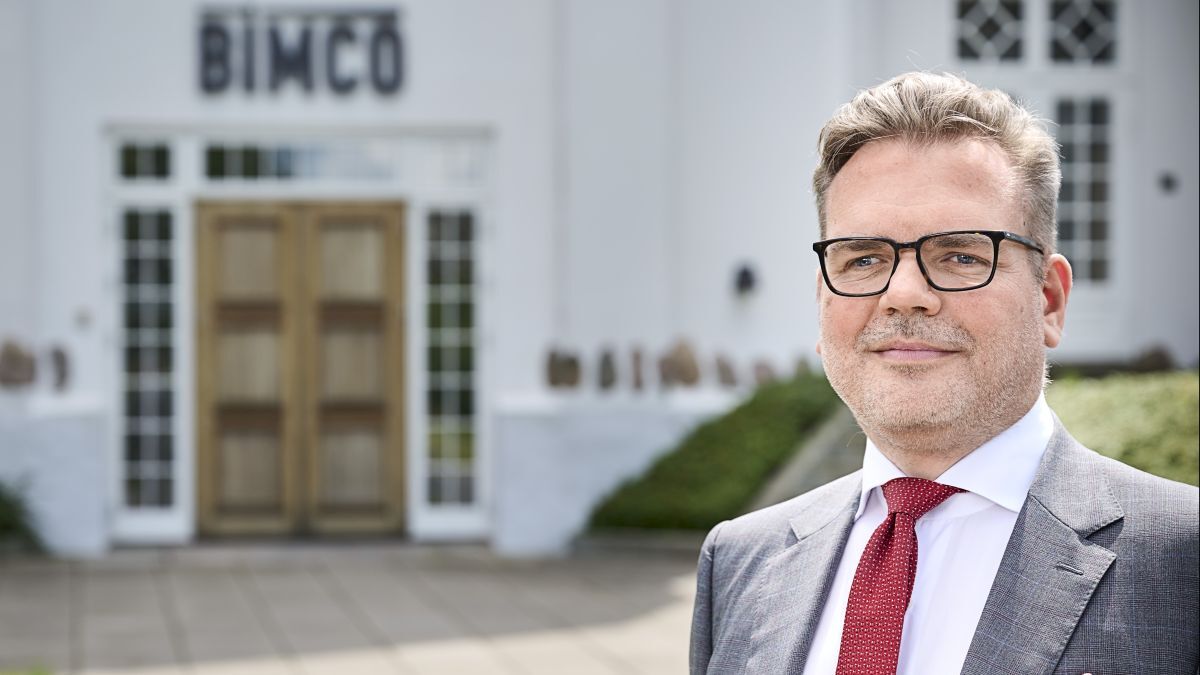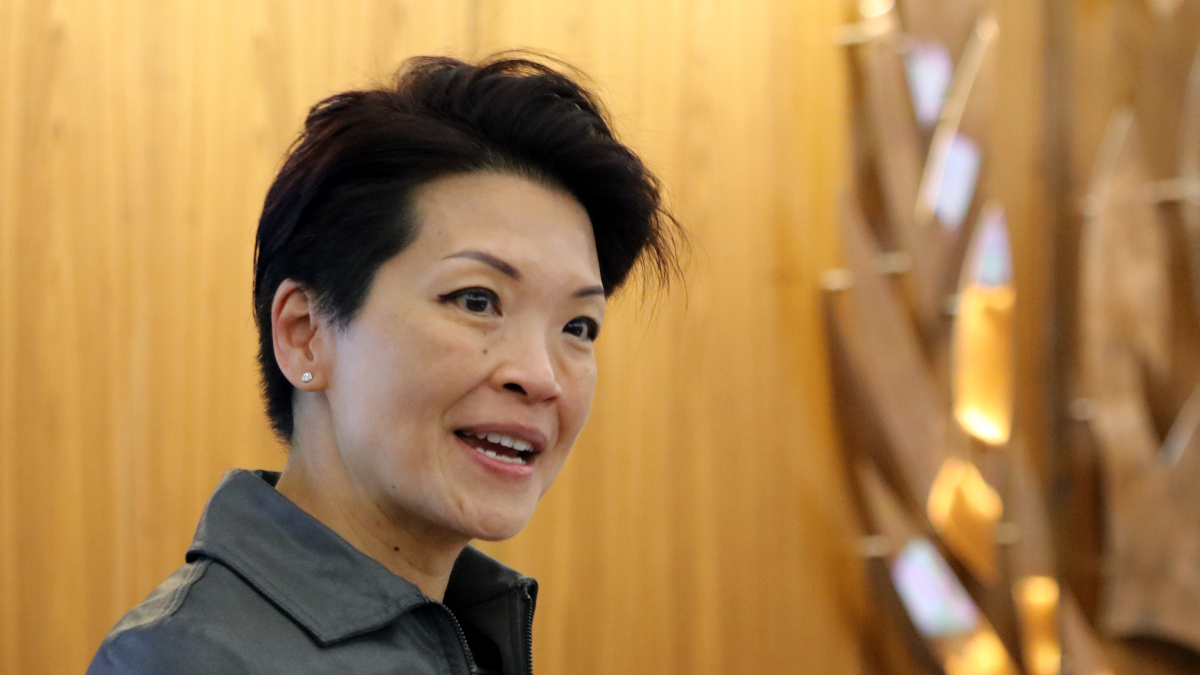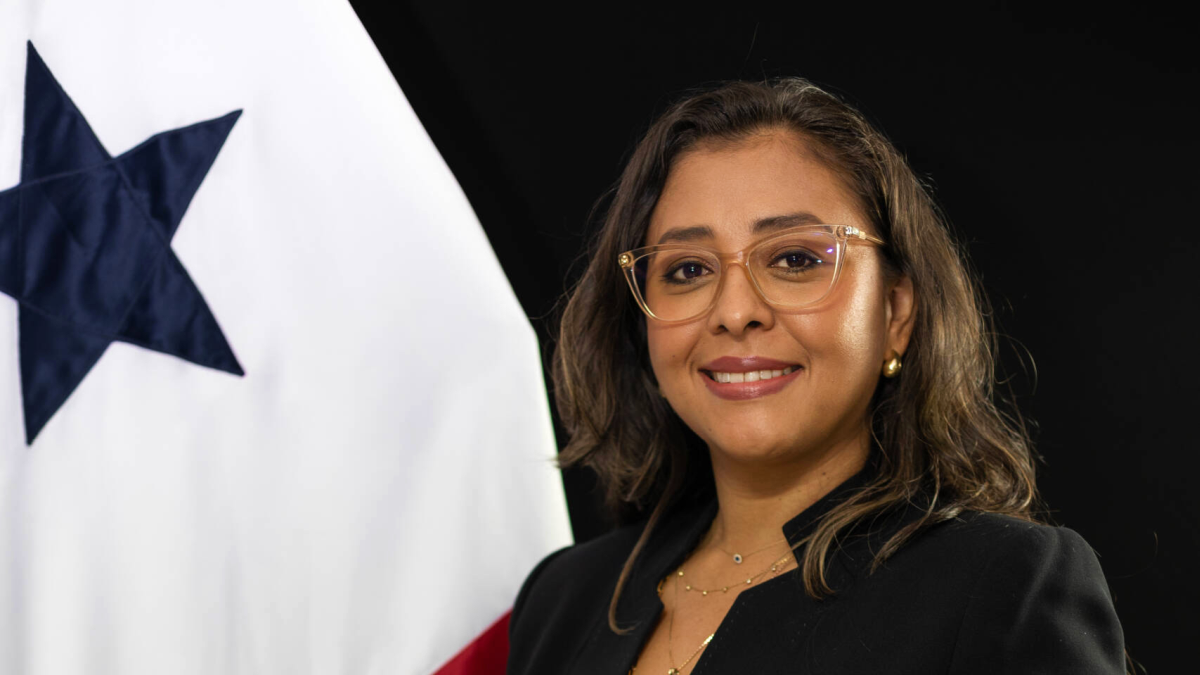Business Sectors
Contents
Freedom of navigation under threat, but dislocation offers business opportunity
Naval chief and NATO advisor cite ’paradigm shift’ in maritime threats; MOL chief executive says the evolving threat creates unprecedented challenges and opportunities
The UK’s Naval chief, First Sea Lord General Sir Gwyn Jenkins opened the headline event at the International Maritime Organization (IMO) during London International Shipping Week with a sobering assessment that maritime’s traditional global norm of freedom of navigation for merchant ships is under threat and that the role of the Royal Navy in protecting commercial shipping had "never been more vital".
While models of maritime security have, until the latest shift, been concerned with non-state actors, the evolving state-based or large military threats to commercial shipping are what panel participants called "a revolution in military affairs".
Political advisor to NATO’s Maritime Commander Professor James Henry Bergeron seconded the assessment of the UK naval chief, saying the nature of commercial shipping changed fundamentally with the onset of Russia’s war in Ukraine and attacks on civilian ships and port infrastructure in Ukraine.
“There has been a paradigm shift in the nature of maritime security in the last four years,” Mr Bergeron said.
With few indications of change to precede Russia’s attacks (limpet mines in the Middle East Gulf, interceptions by Libyan security forces), Mr Bergeron said that navies have contested the evolving threat landscape but found it "difficult to contain".
The sanctions on Russia in response to its attacks on Ukraine are widely seen to have dislocated the tanker market, and Houthi forces attacks on commercial shipping in the Red Sea – ostensibly in response to Israel’s long-running war in Gaza and, according to Mr Bergeron, utilising ’targeting data’ for commercial shipments supplied by other parties – have diverted much of the other east-west oceangoing trading sectors to reroute around Africa, creating further dislocation in traditional trade routes.
While Mr Bergeron said western navies "are still grappling with that and how to respond," he pointed out the threat posed by China in the Taiwan Strait, which, in December 2024, a Bloomberg economist calculated could, if a blockade were enforced, cause US$5Tn in disruption to the global economy.
"The route around the Horn of Africa is the one safe route left," Mr Bergeron said. "It would be a shame if anything were to happen to it. I think you would see a massive dislocation of global trade."
Shipowners react to threats with adaptation
Mitsui OSK Lines (MOL) chief executive Takeshi Hashimoto, when asked how shipowners are reacting to the shifting geopolitical environment at sea, said "For MOL, the current environment has created unprecedented challenges and opportunities".
While taking the longer route by going around the Cape of Good Hope has increased costs for the shipowner, Mr Hashimoto said the dislocation has also created new opportunities.
Among the responses by MOL, the company has added staff in major global political centres such as Washington, DC, in the US and London in the UK, for the express purpose of gathering information and analysis on changing trade landscapes.
"We are trying to diversify our business. "While the whole situation is becoming more difficult for us, we feel that there are also business opportunities," Mr Hashimoto said.
Former BIMCO president and current chief executive and owner of Reederei F Laeisz, Nikolaus H Schües said that BIMCO has an important role to play in advising government on how the industry works and responds to security threats.
"Shipowners usually go to the office to try to earn money, and governments usually go to the office to try to be re-elected, and [both] usually work better when you have a rules-based environment, and we are working to ensure that," he said.
Mr Schües said his takeaway from the First Sea Lord’s presentation "is that he said the challenges we are facing are bringing us closer together".
Sign up for Riviera’s series of technical and operational webinars and conferences:
- Register to attend by visiting our events page.
- Watch recordings from all of our webinars in the webinar library.
Related to this Story
Events
Offshore Wind Webinar Week
Maritime Decarbonisation, Europe: Conference, Awards & Exhibition 2025
Offshore Support Journal Conference, Americas 2025
© 2024 Riviera Maritime Media Ltd.


